Counting practice Math Worksheets for Ages 3-6 - Page 2
297 filtered results
-
From - To
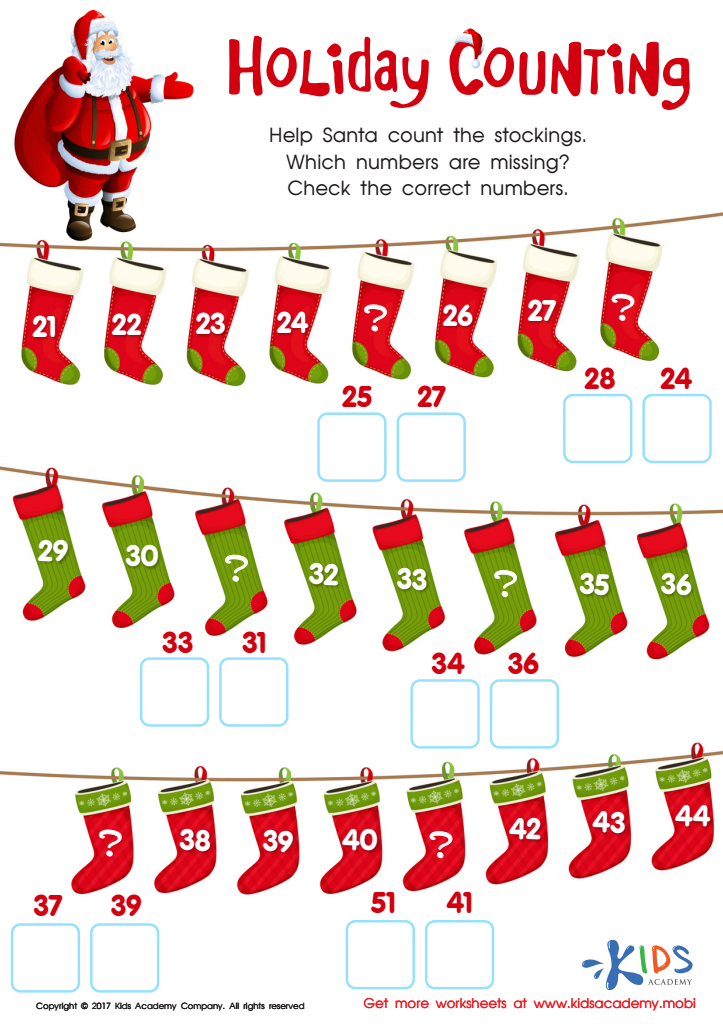

Holiday Counting Worksheet
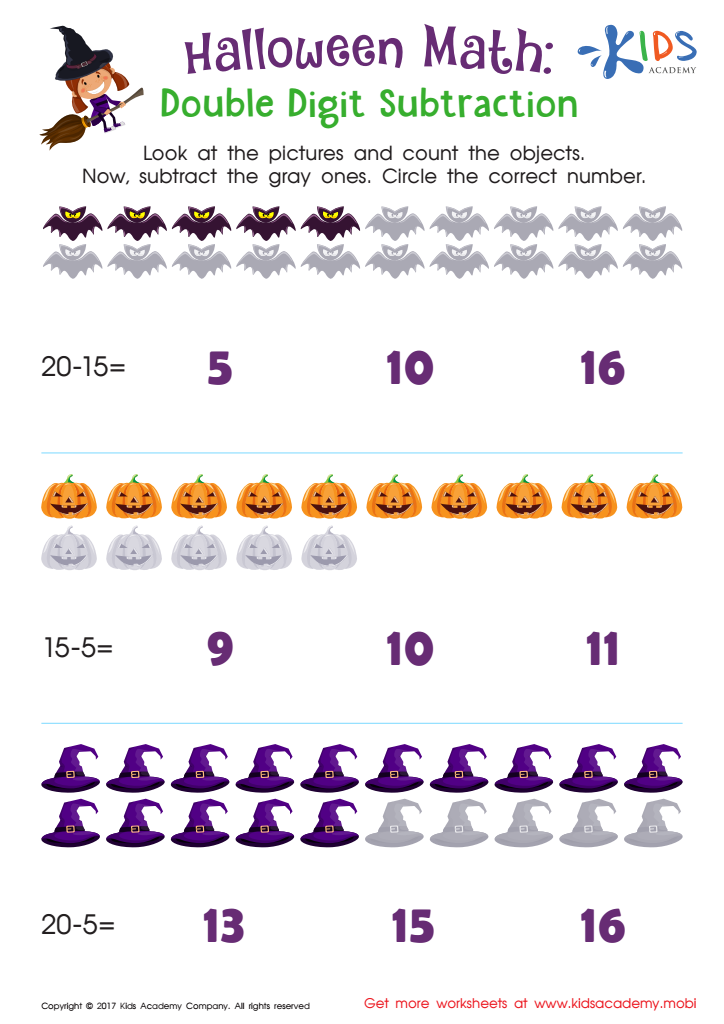

Halloween Math Subtraction Worksheet
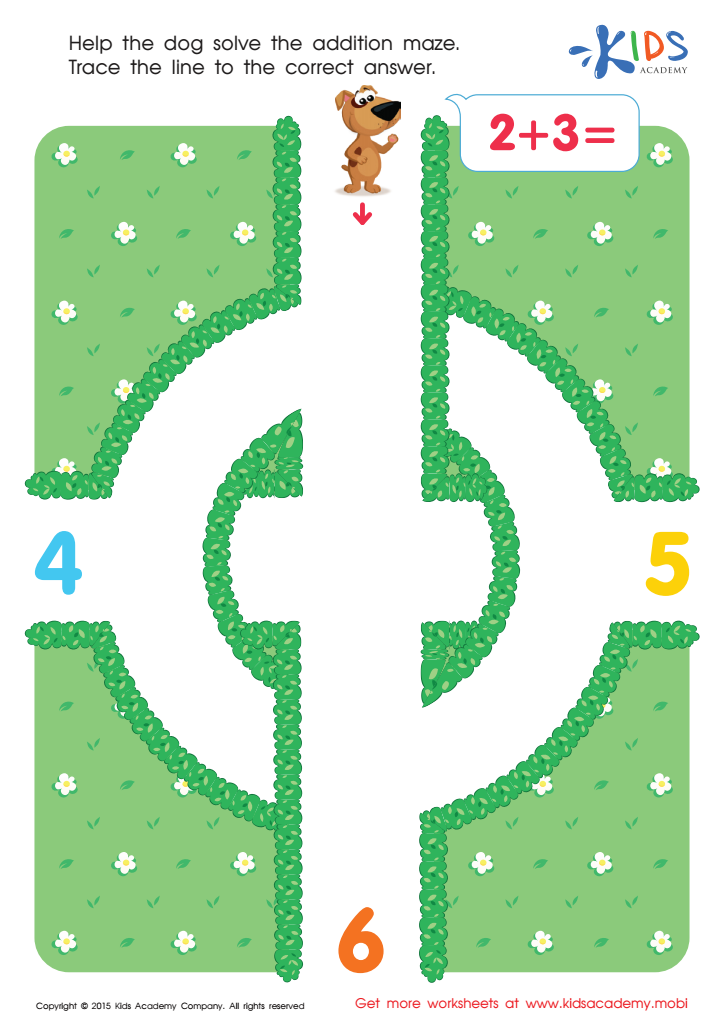

Two And Three Addition Worksheet
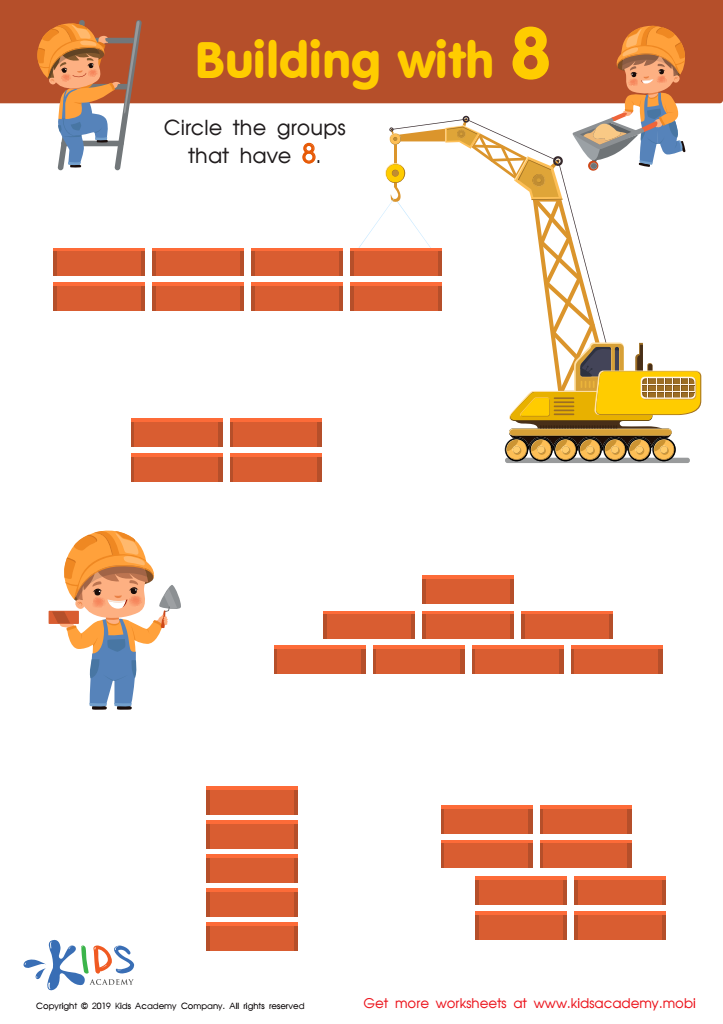

Building with 8 Worksheet
Counting practice is fundamental for young children's mathematical development, particularly between the ages of 3 and 6. During these formative years, children's brains are highly receptive to learning concepts that form the foundation for future mathematical skills. Engaging in counting activities fosters numeracy skills, which are crucial not only for mathematical understanding but also for cognitive development.
Parents and teachers should care about counting practice because it involves more than just listing numbers; it enhances children’s problem-solving abilities, logical thinking, and even language development. Counting helps children recognize patterns and relationships between quantities, teaching them the importance of order and organization.
Regular counting practice boosts children's confidence throughout their learning journey, making them more willing to engage in mathematics as they grow older. Additionally, it provides opportunities for interactive learning, fostering social skills through group activities. With early mastery of counting, children can transition more smoothly to more complex math concepts such as addition and subtraction.
Ultimately, nurturing these early numeracy skills lays the groundwork for a positive attitude towards math, helping children perceive it as a fun and accessible subject rather than a source of anxiety in later years. Engaging children in counting adds to their holistic development and equips them with essential life skills.
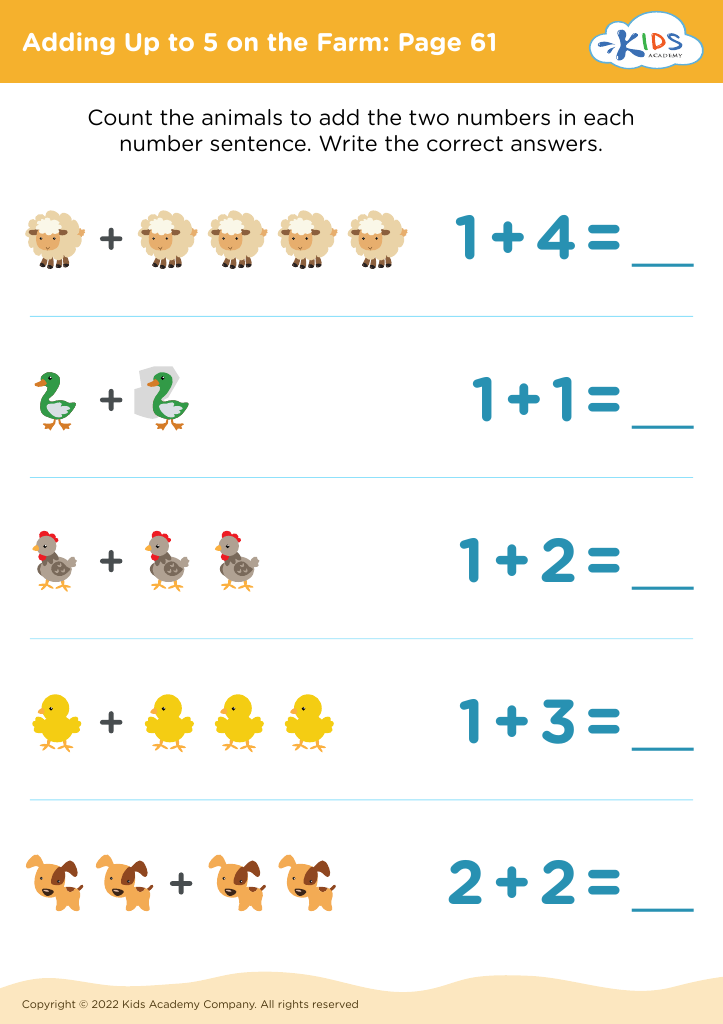
 Assign to My Students
Assign to My Students
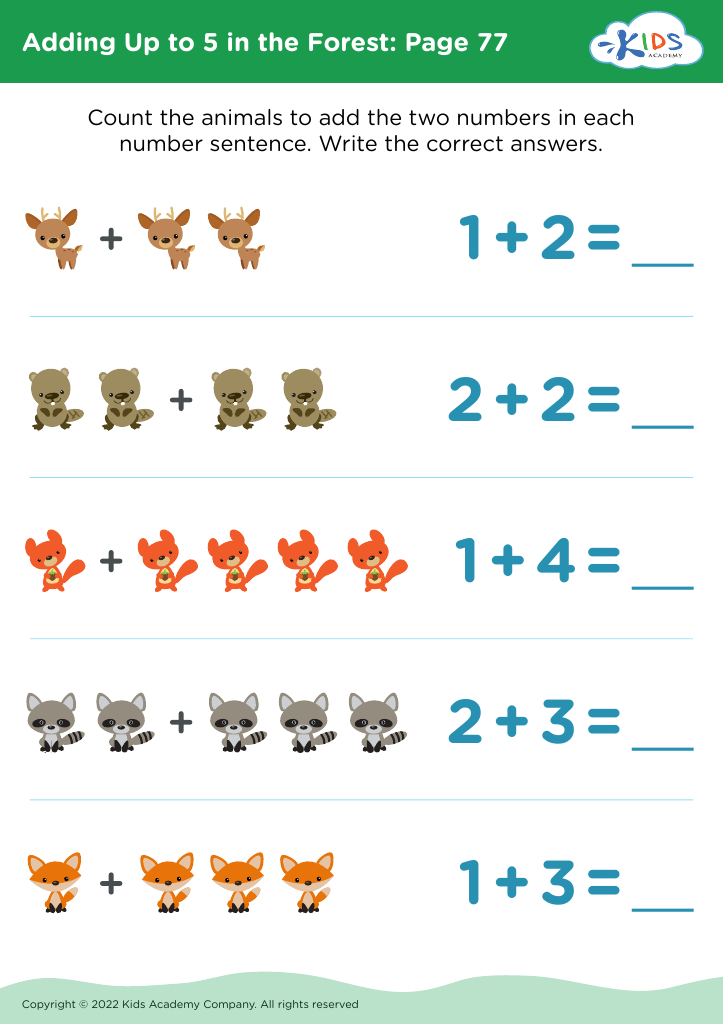
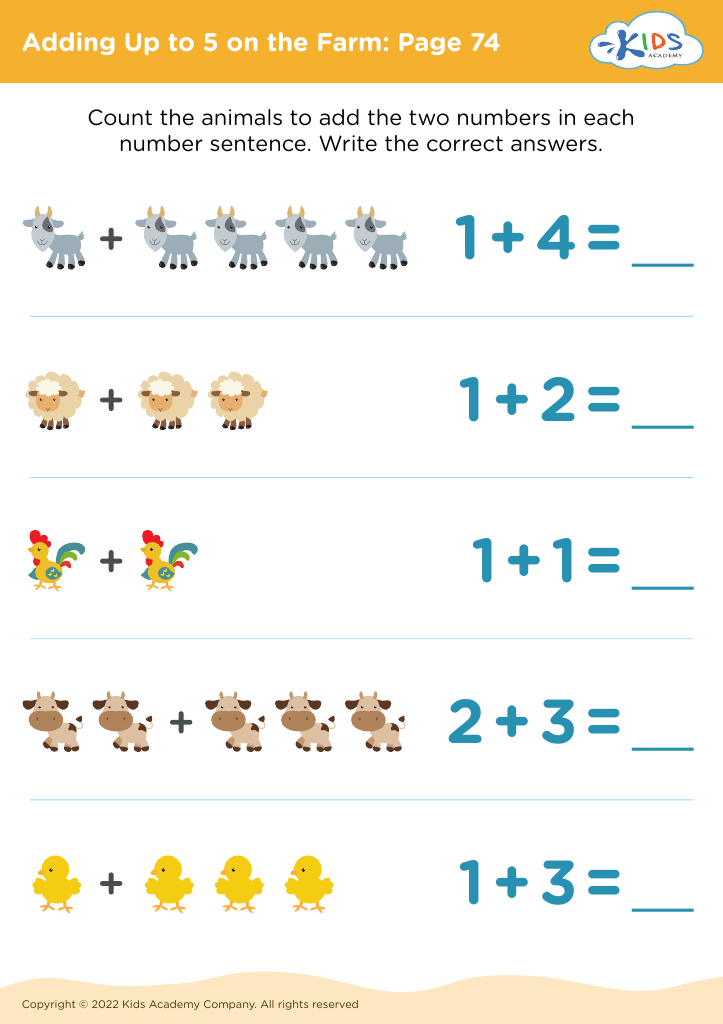

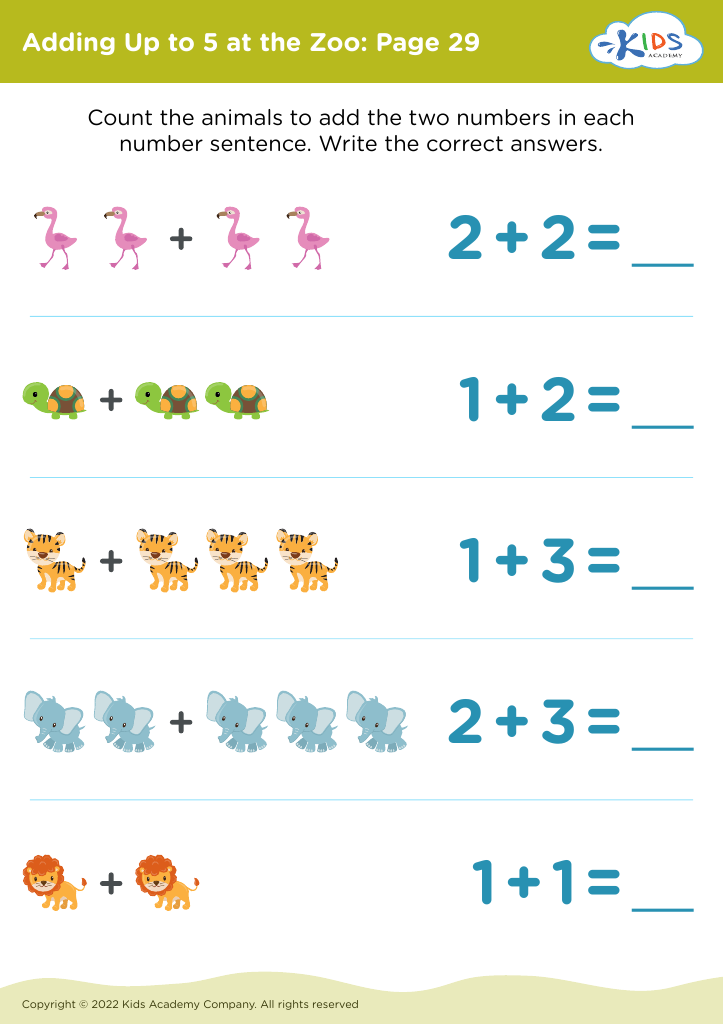
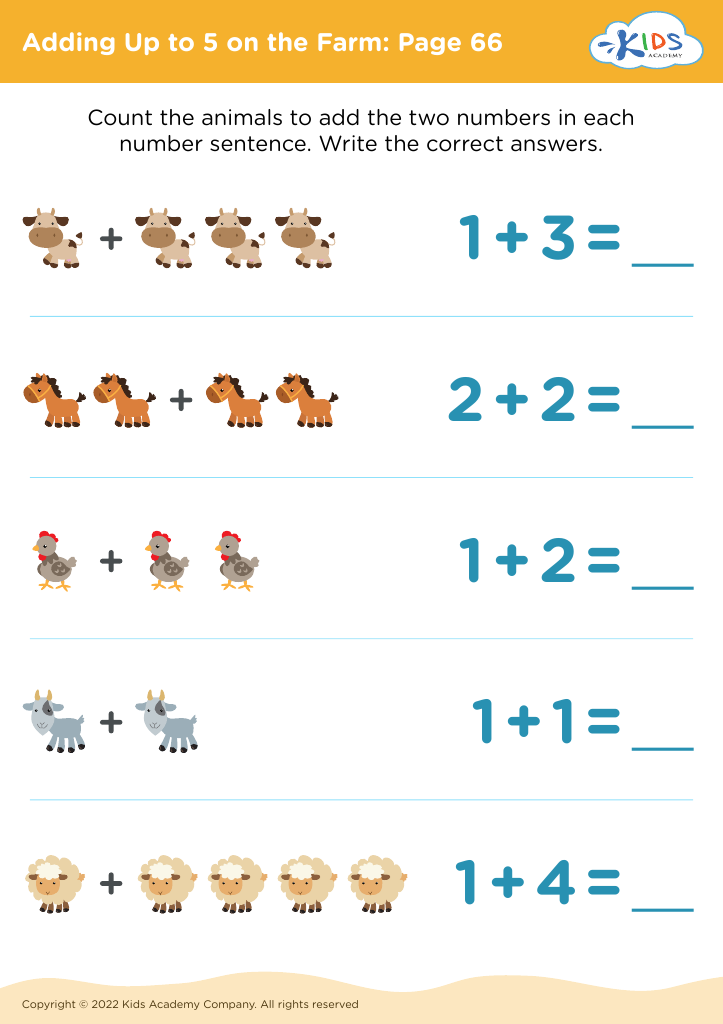
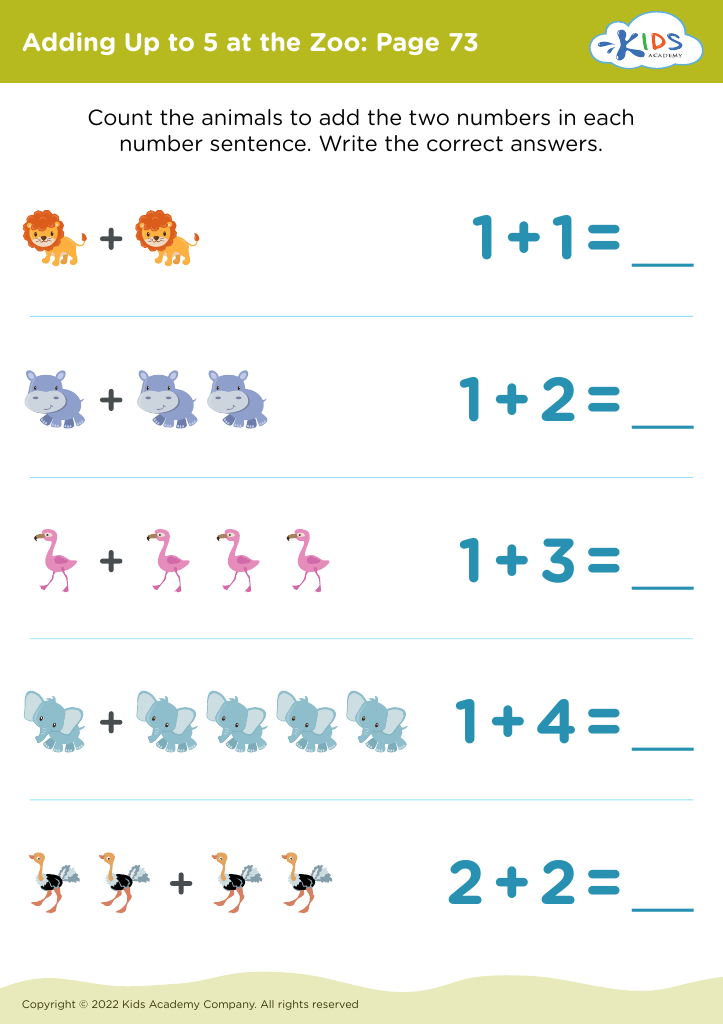
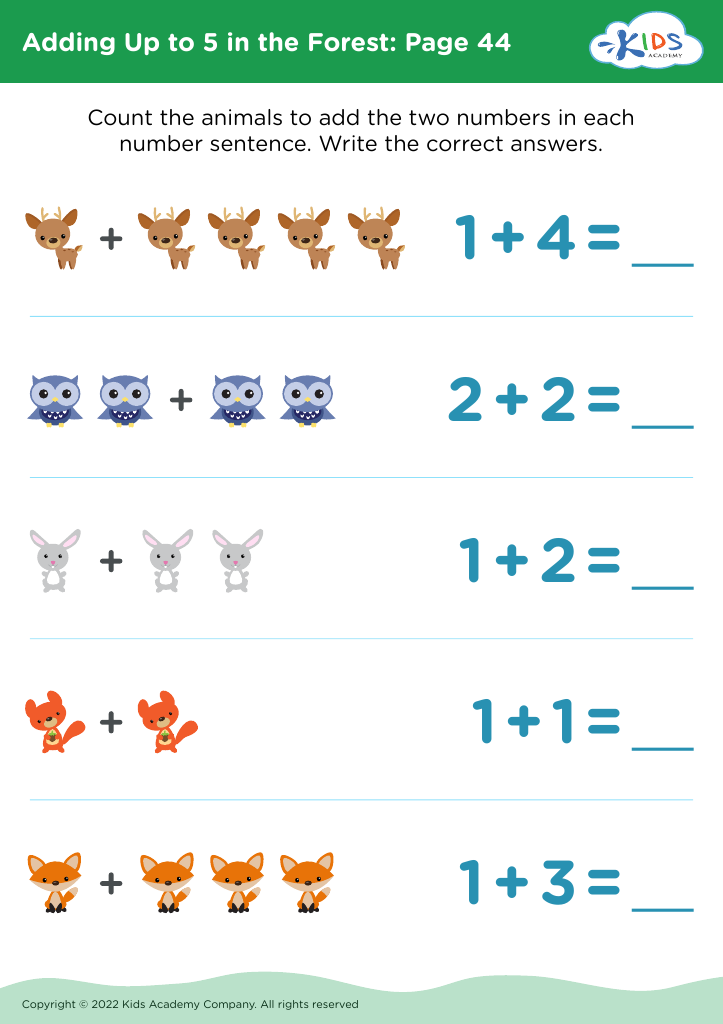

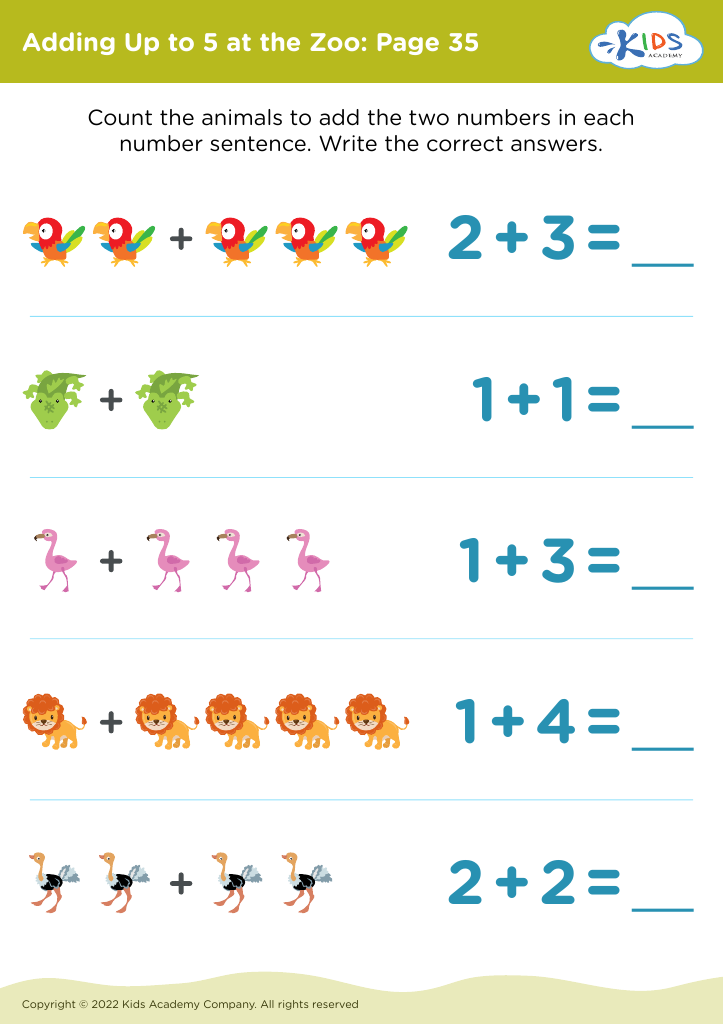
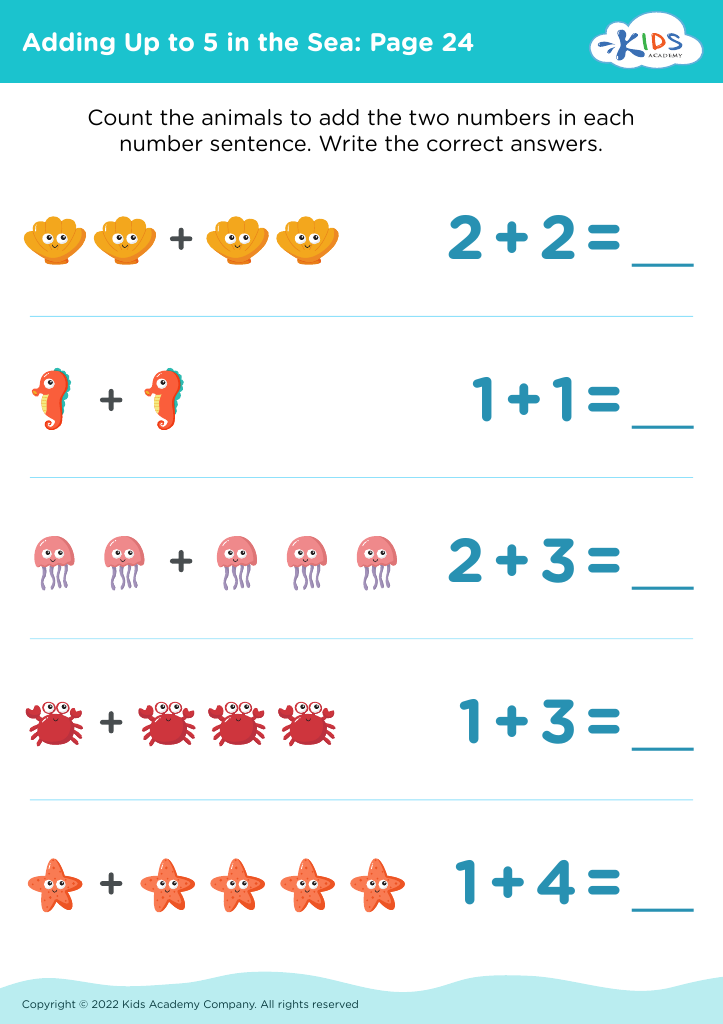
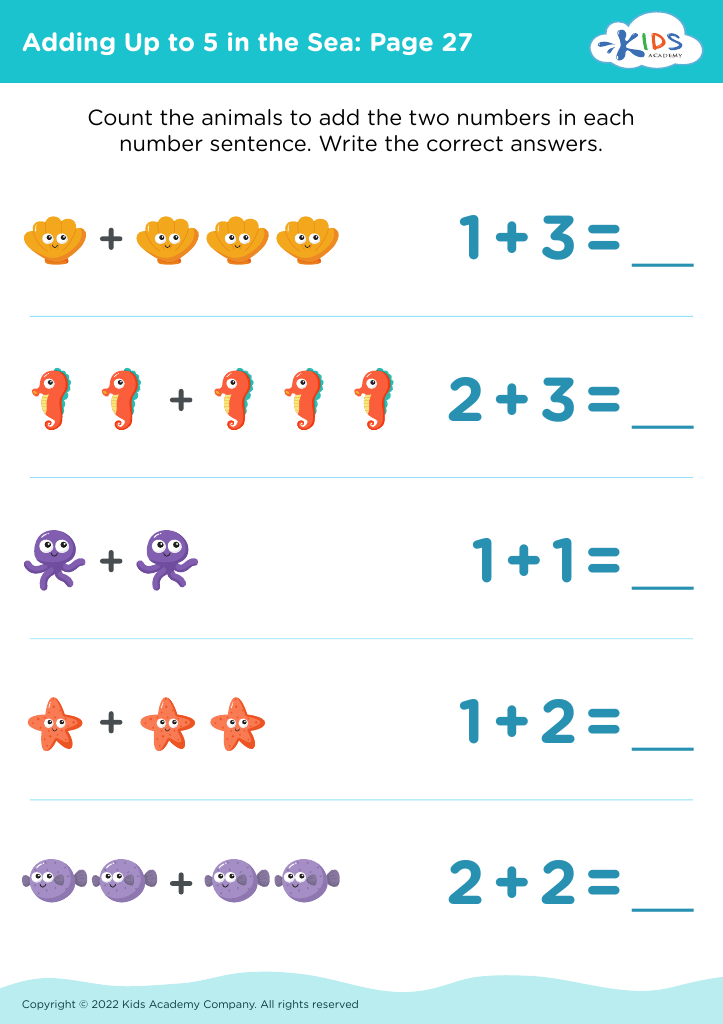

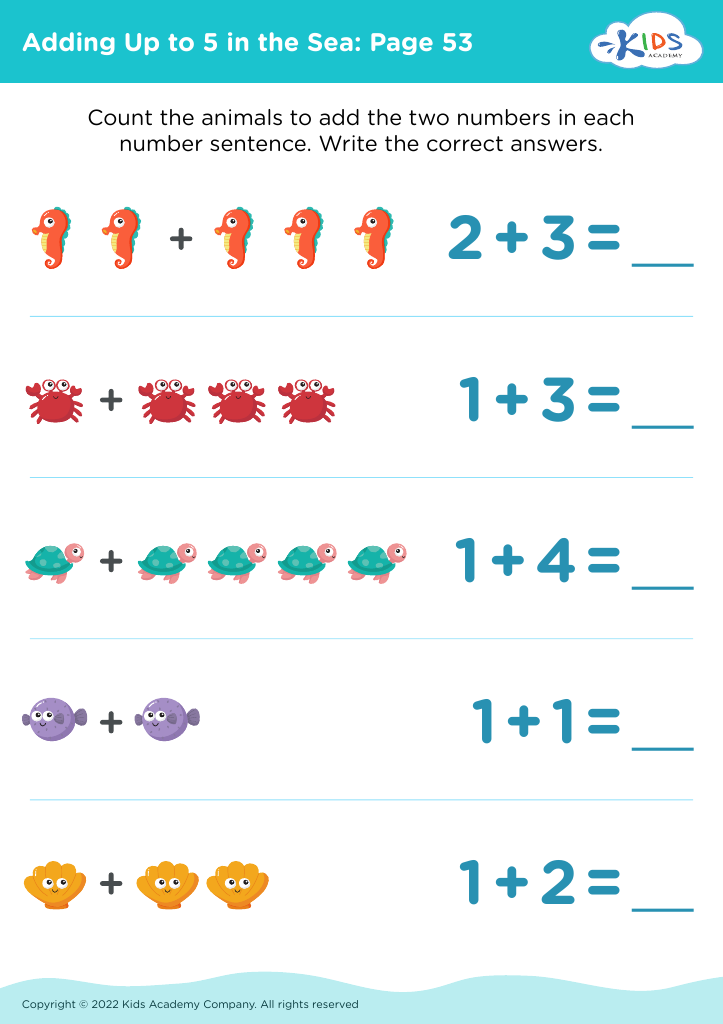
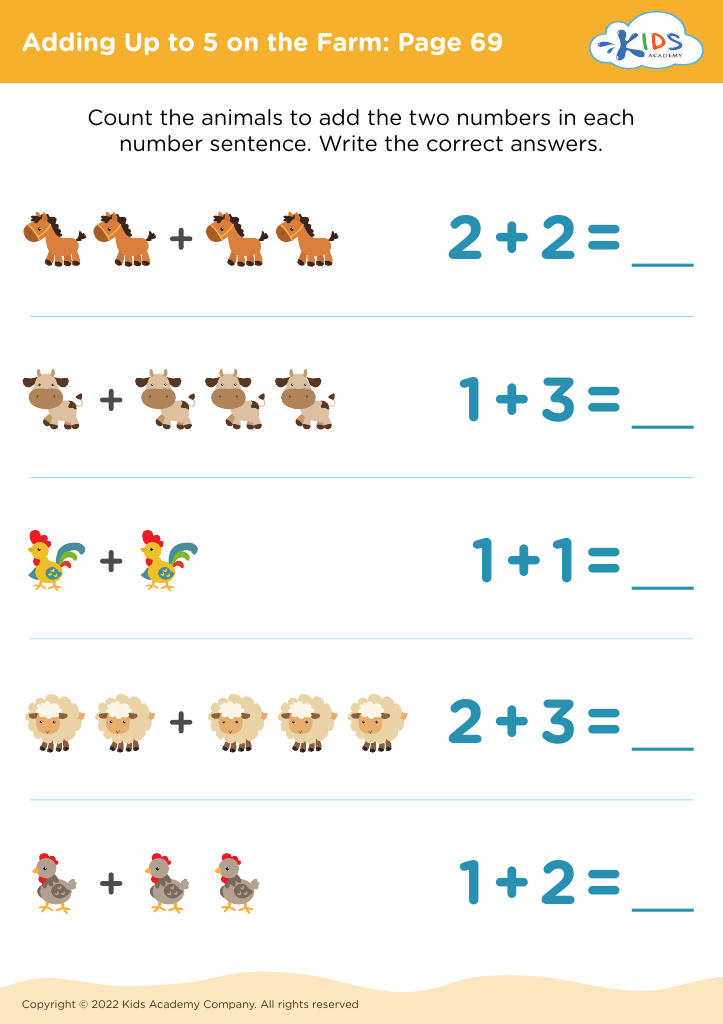
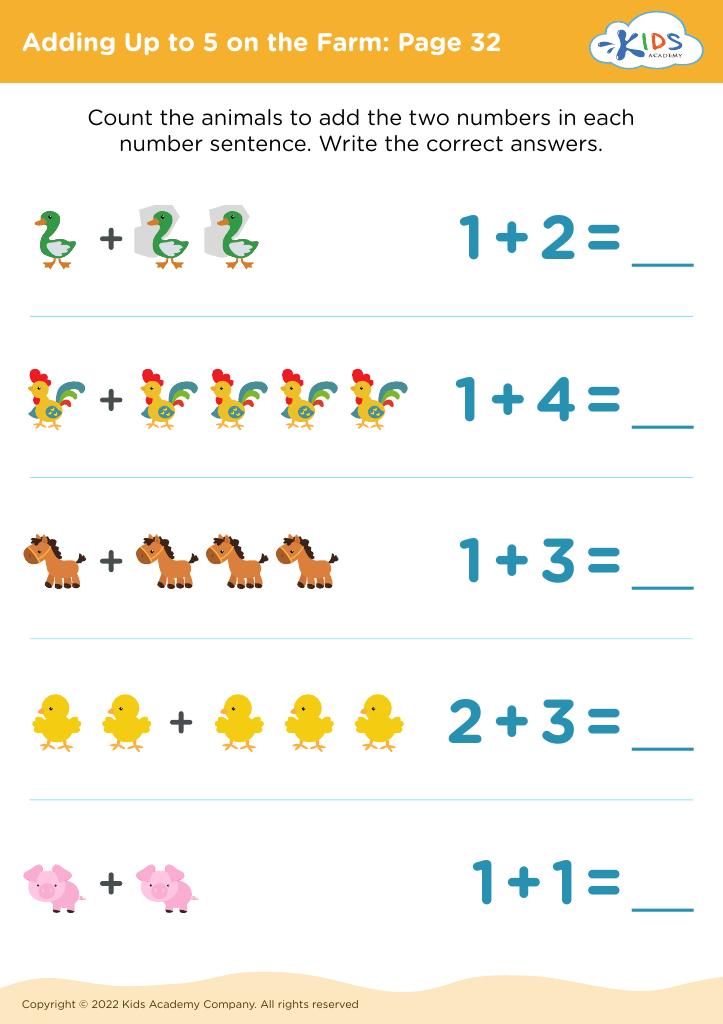
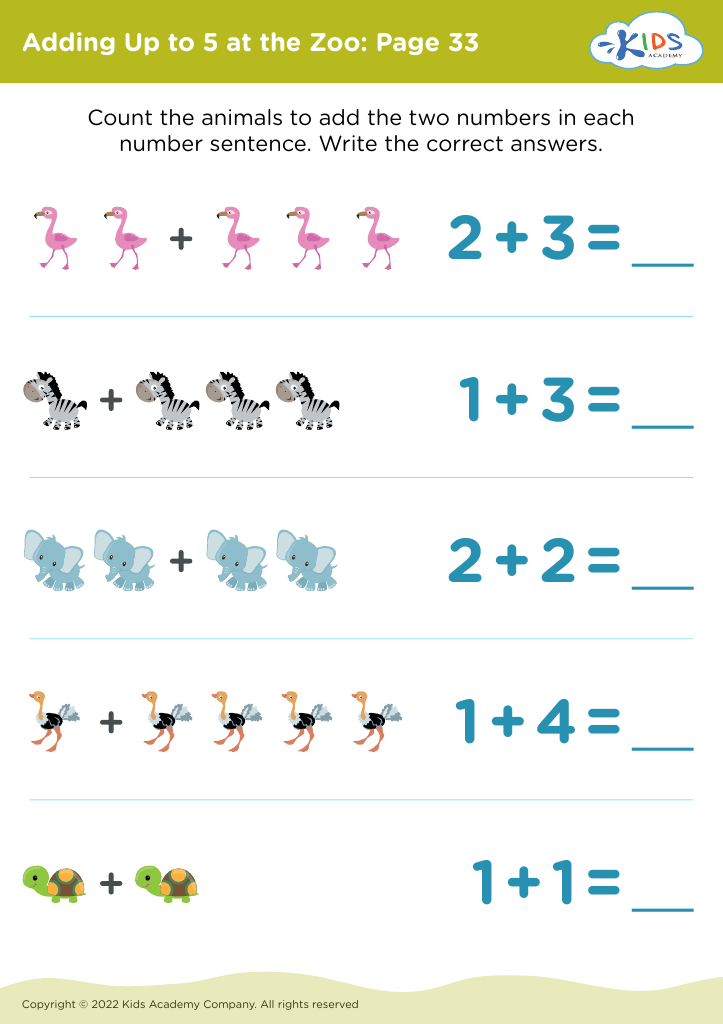
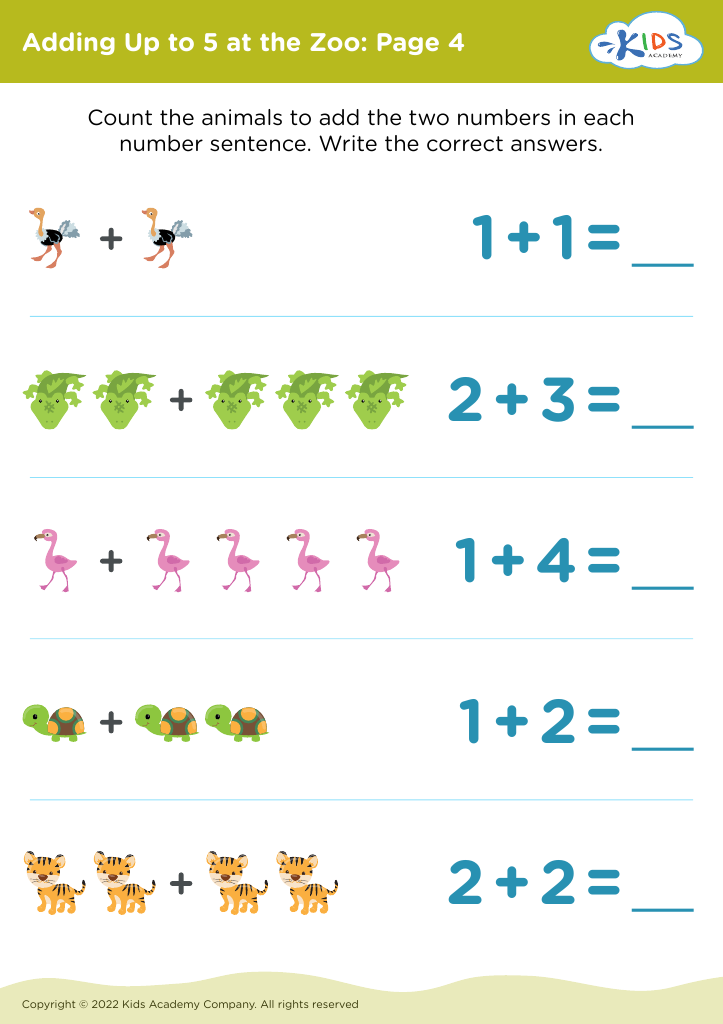
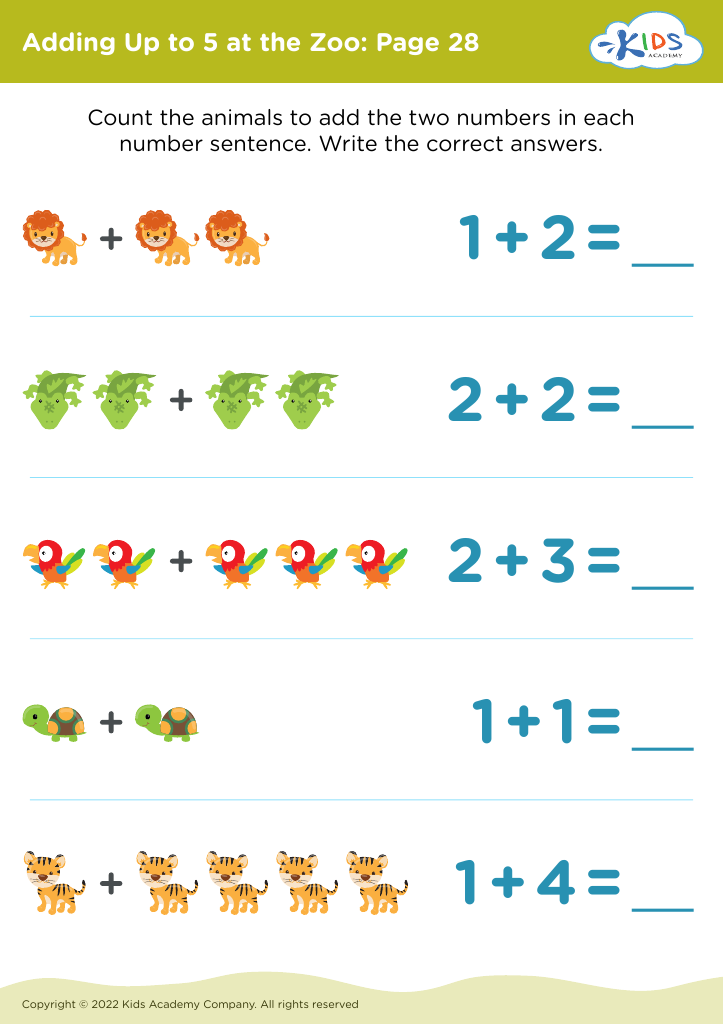
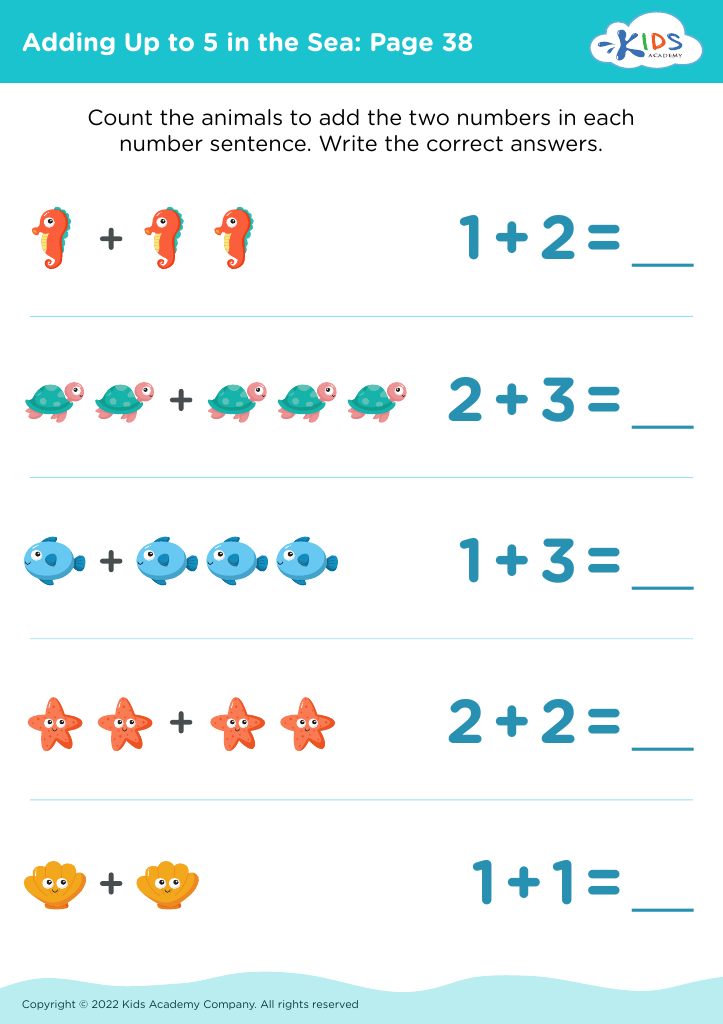
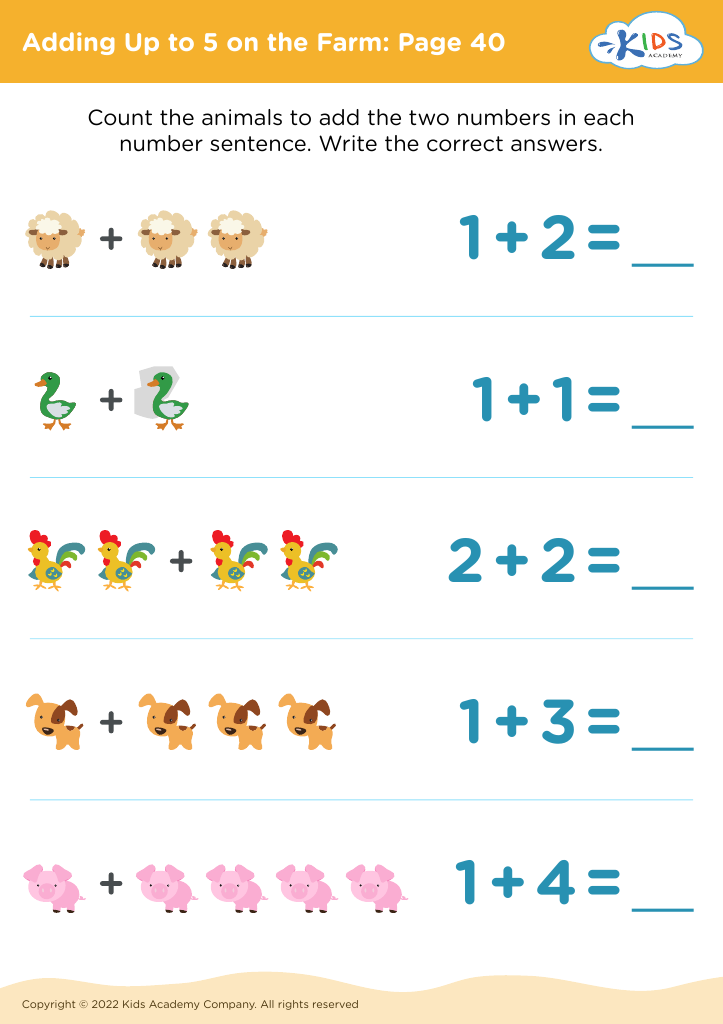
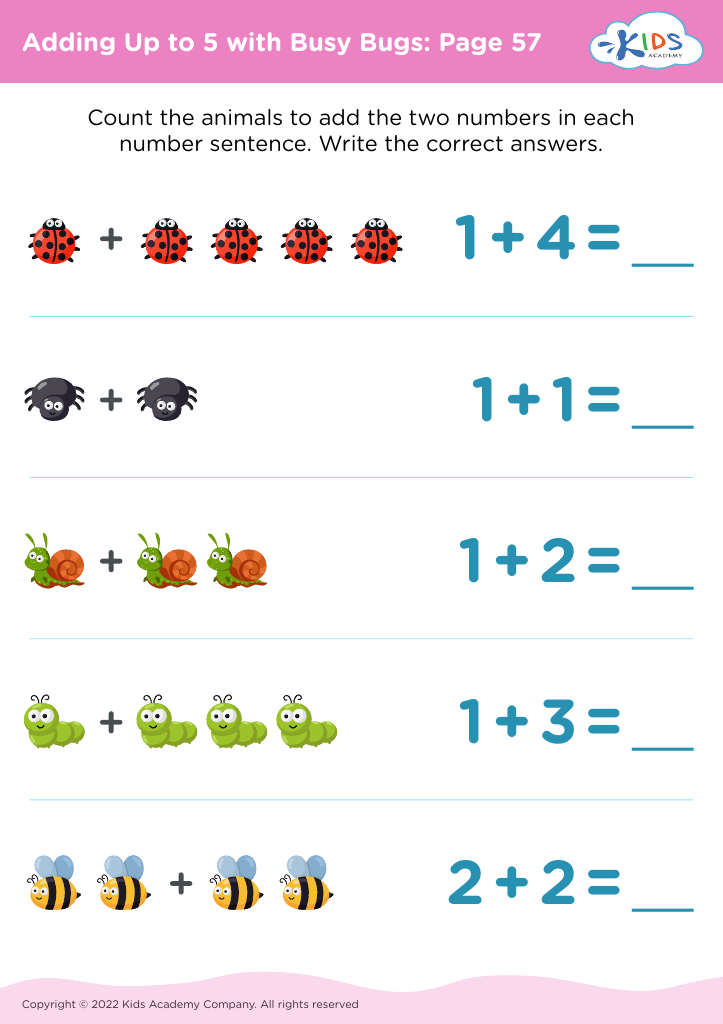
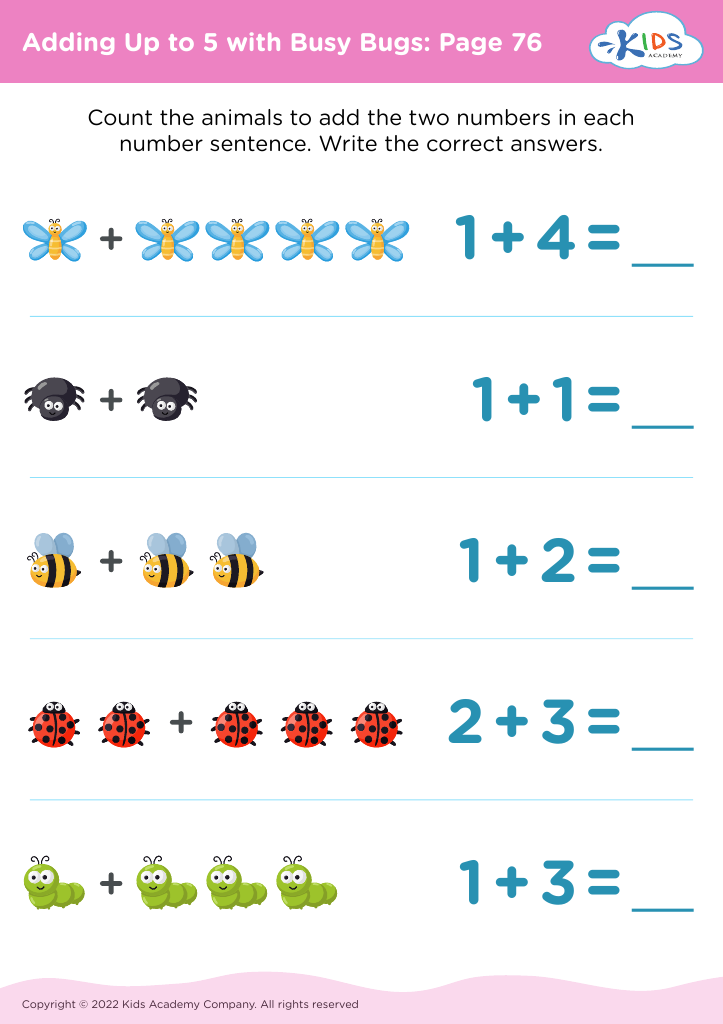



.jpg)












